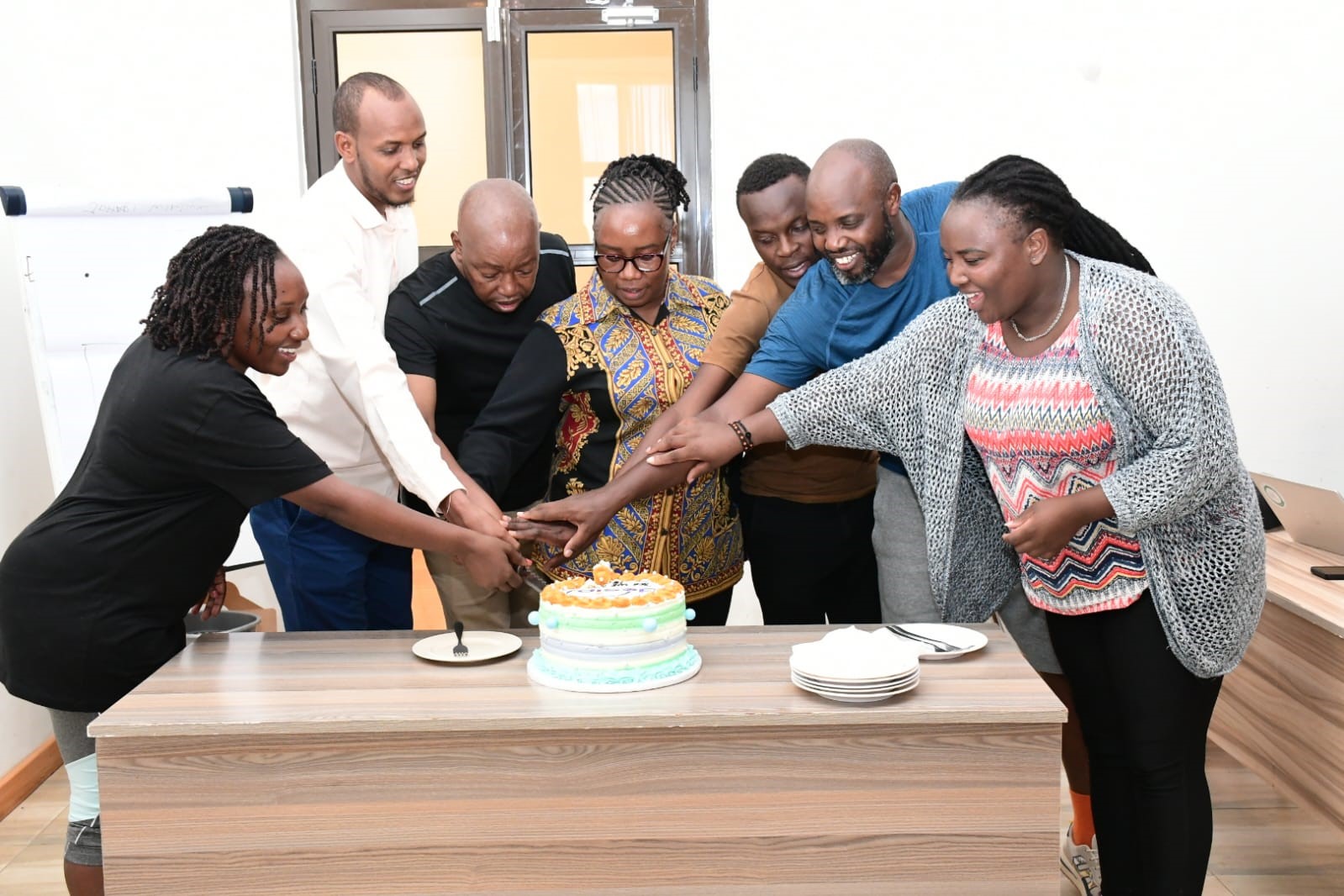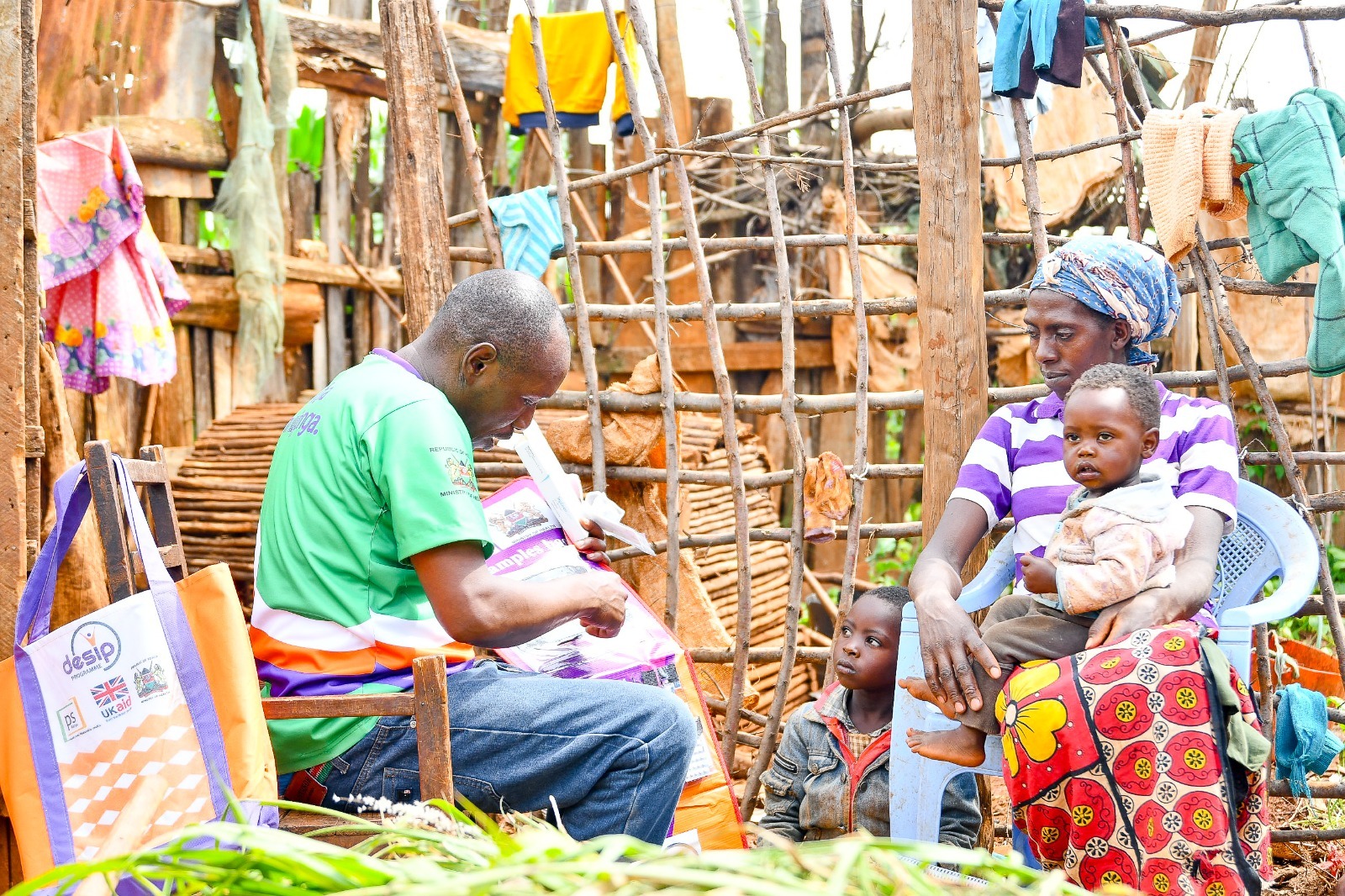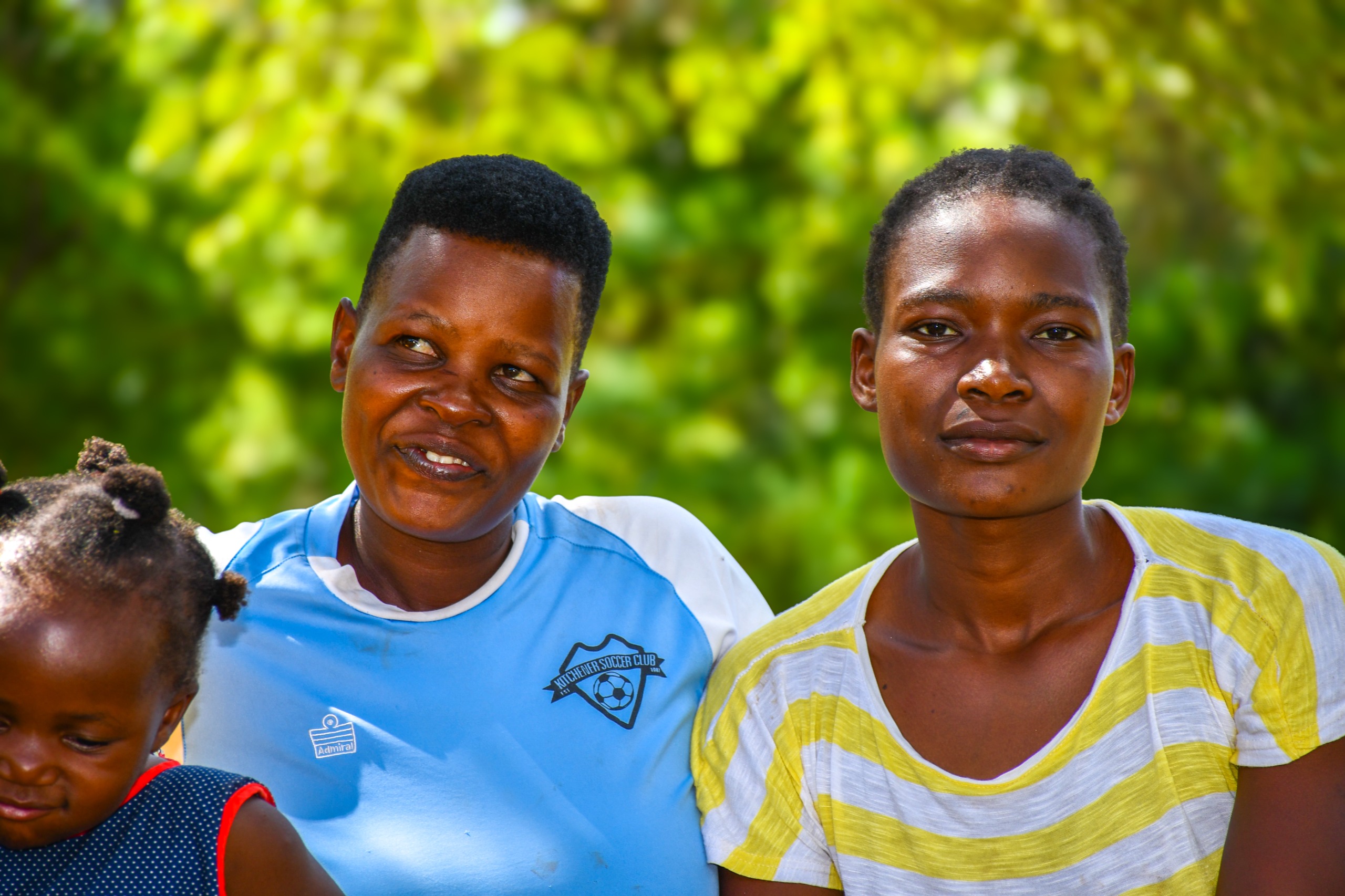Access to Reproductive Information and Contraception (RIC) continues to be a critical unmet need in Narok and impedes the realization of reproductive health rights. While Family Planning (FP) programs mainly focus on facilitating women’s access to contraceptive information and services, some cultural norms also affect the social acceptability of FP. For instance, men’s decision among Maasai community is key especially because they are often considered the custodians of culture and tradition. In such a community, men have an important role to play in family planning, both to meet their own reproductive health needs and to support and facilitate their partner’s access and use of family planning services. Historically, men in this community don’t engage in family planning conversations. To others, family planning is still a taboo and should not be practiced. In fact, their women should not dare take up any method without their permission.
But for one Simon Ntuke, a trained CBD by DESIP, the above statements are history. “I can comfortably say that the situation has changed in Narok North,” says an enthusiastic Simon. On a normal morning, you would find him at Fountain Mission Medical Centre preparing his ‘instruments’ of work. Simon is among the 37 CBDs trained through DESIP and attached to various health facilities to support FP access especially to rural Women of Reproductive Age (WRA). Through these CBDs women are able to access contraceptives (short term and referral for long term) without travelling for long distances to the facilities. There is also reduced workload at the facility as the visits are minimized. But for Simon, his goes beyond service provision. He has positioned himself as a male champion getting interpersonal relationship with the clients thus gaining trust to those he has reached through house to house visits. He says that his main target is reaching women through his fellow men. He creates comprehensive awareness through one on one discussions with men in the community on the need to support their wife’s uptake of family planning emphasizing on the benefits of family planning. This has made him gain trust from the husbands allowing him to visit their wives for family planning and referrals to those who wish to use long term methods.
Through his services, he has changed many lives of mothers who had frequent deliveries because they had no knowledge about family planning. He has also helped them dispel myths and misconceptions about family planning. Through his interactions, men can now engage in FP conversations, something that was traditionally considered a taboo. He has encouraged men to create an enabling environment for their spouses to take care of their sexual reproductive health. Through the community forums and outreaches, Simon is slowly changing the cultural norms replacing them with safe spaces where women can feel supported to practice child spacing.



